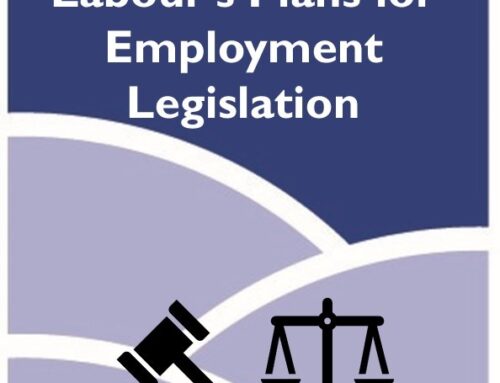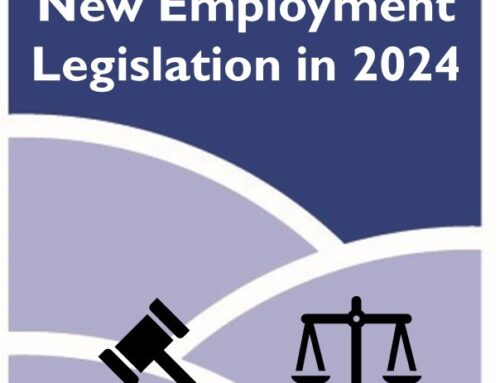In light of the latest government advice on “social distancing” we are increasingly being asked what employers can do if there is no work for their staff.
One option is to consider laying staff off or putting them on short time working (the industry acronym for this is LOST). Employers can do this without the requirement to pay staff (other than the “guarantee payment”) if there is a clause in the employment contract covering this.
(Guarantee Payment is a statutory minimum payment during LOST, the maximum amount available £29 a day for 5 days in any 3-month period – so a maximum of £145. People who usually earn less than £29 a day would get their normal daily rate.)
When this is the case, there is no limit to the period of time in which staff can be laid off or put on short-time working. However, if it is for a period of 4 uninterrupted weeks or 6 weeks in a 13 week period, employees can write to the employer to claim a redundancy payment. Should this happen, the employer can send a counter notice informing employees that work will return to normal within 4 weeks and will continue for at least 13 weeks. If this happens, there is no redundancy.
If there is no LOST clause in the contract, you cannot impose this without pay. However, in the current circumstances, it may be something to discuss with employees as a means of avoiding redundancies and maintaining continuity of employment. You may then be able to implement these measures with their agreement.
In some cases, lay-offs will be insufficient and you may have to consider redundancies. In this case you should explain to employees why this may be necessary and then you will need to consult with them. There are specific rules and timescales for collective consultation in cases of large-scale redundancies (over 20 employees) but for smaller numbers, individual consultation is required.
If you are having to select individuals for redundancy, you need to make sure you follow a fair process and avoid any discrimination. “Last in first out” can be used only if it can be justified and shown not to discriminate, for example against younger workers. Other fair criteria for selection may be skills, qualifications, performance, attendance and disciplinary records.
Please note that this is only a brief overview and we recommend you obtain professional advice on your individual circumstances.
If you would like any advice on steps you may need to take in your business, please give us a call.



